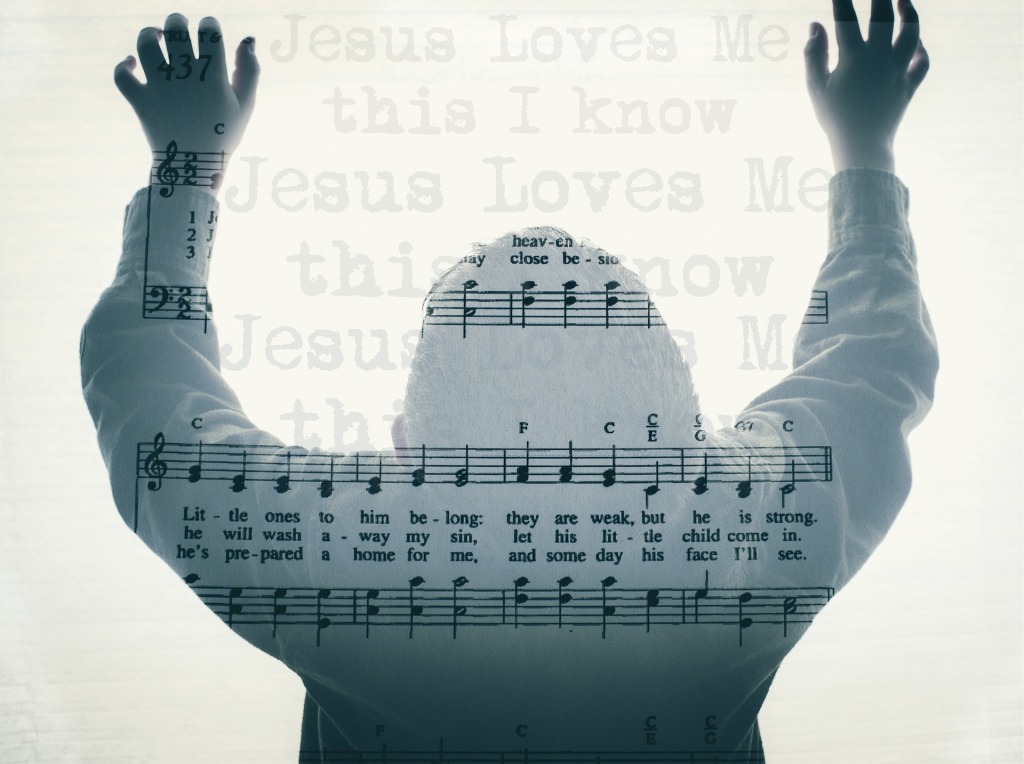Readings: Psalms 1-4
Psalms 4:1 – “Answer me when I cry out… Set me free from my troubles! Have mercy on me! Listen to my prayer!”

Today we begin the Psalms. These words of lament and praise have guided and given voice to faith and suffering for thousands of years. They invite us to walk this road too. Originally the Psalms were Israel’s song book. As do our hymns and praise songs today, the Psalms tell the history and the theology of the people of faith – both then and now.
Psalms 1 and 2 serve as an introduction to almost all that follows in Psalms 3-150. Psalm 1 focuses on living according to God’s instruction and Psalm 2 focuses on the kingship of God. Psalm 1 begins with a list of don’ts. If one wants to be truly happy (or blessed) then don’t do these things. We all have our own list. Instead, the psalmist invites us to recite God’s word day and night. In the original Hebrew the word we translate ‘recite’ would have meant literally mumbling or uttering God’s word under one’s breath all of the time.
Psalm 2 acknowledges that the world (i.e. – the wicked) takes its stand against God and against God’s anointed. The one called “son,” the one who shall reign over “all nations” – we read that as Jesus. The psalmist advises the world to worship this king “reverently” and with “trembling.” And again the theme: take refuge in God and be truly happy.
Psalms 3 and 4 are attributed to David. Both are about crying out to God. In Psalm 3 David is hard-pressed by Absalom’s rebellion and pursuit. While we might not be kings facing a coup, we deal with oppressors and others who want to do us harm. In many ways and in many situations we too can cry out, “Answer me when I cry out… Set me free from my troubles! Have mercy on me! Listen to my prayer!” And because God is ever faithful, figuratively and literally, we can “lie down and fall asleep in peace.” God surrounds us always. Thanks be to God.
Prayer: Lord God, you do fill our hearts with joy. Your face does shine upon us. We do not need to fear because you save and you rescue. When we rant and rave like the world, draw us to the Lord our refuge. Be intimately acquainted with our ways, O Lord, as we strive to grow intimately acquainted with your ways. Amen.









